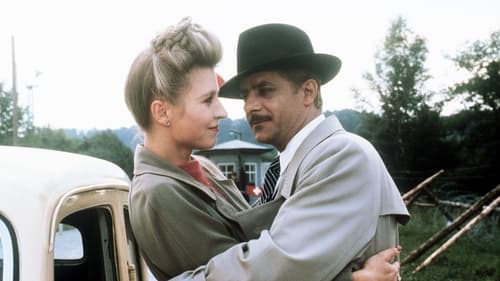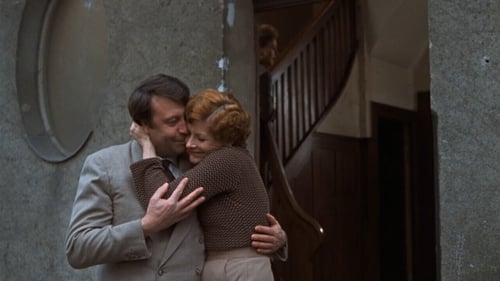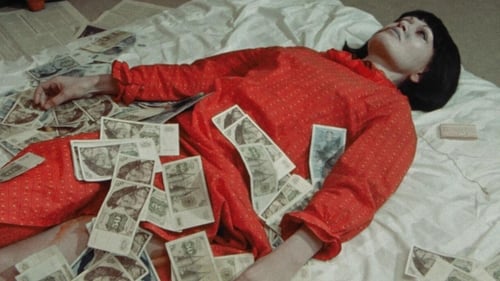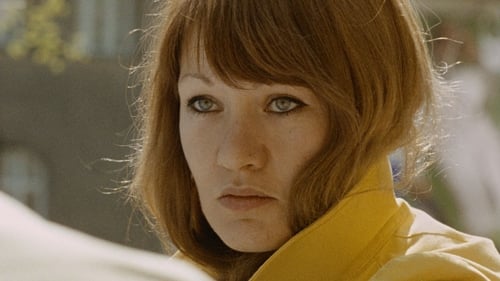
Self
For over half a century, the filmmaker Edgar Reitz, one of the signatories of the Oberhausen Manifesto and a pioneer of epic film narration, has explored, as a practitioner and theoretician, the rules and limits of cinema, which he always seeks to break and extend in new ways. One example of his tireless search and research are the Geschichten vom Kübelkind, which he co-directed with Ula Stöckl in 1969/70, 22 absurdly funny, subversive and anarchistic short films of different lengths, which consciously oppose all conventions, with incredible success. The films remain unrivalled in their Dadaistic inventiveness.

Nachrichtensprecherin
The story of a German singer named Willie who while working in Switzerland falls in love with a Jewish composer named Robert whose family is helping people to flee from the Nazis. Robert’s family is skeptical of Willie, thinking she could be a Nazi as she becomes famous for singing the song “Lili Marleen”.

Notary
Maria marries a young soldier in the last days of World War II, only for him to go missing in the war. She must rely on her beauty and ambition to navigate the difficult post-war years alone.

Das Kübelkind
The Dumpster Kid is an artistic creation: in every story society forces her to learn something. But she, fully grown from the moment of her birth, unquestionably learns more than is called for. This extra knowledge, which is not wanted by society, regularly brings her into danger. Dumpster Kid dies in each story, and across each genre. Her stories are set in a whole range of different time periods. What is a Dumpster Kid?

Anne
Katharina and Anne go on trips, visit cafés, acquaintances and parties. In doing so, they explore the chances of female emancipation in a male-dominated society. Katharina strives for a life without sentimental compulsion. She believes that she has succeeded, and therefore looks at the beloved friend Anne compassionate, as it can be good. Anne is learning the left jargon. But it is sheer helplessness. She says it's political commitment that she does not trust her friend Katharina, so Anne smiles as well.




